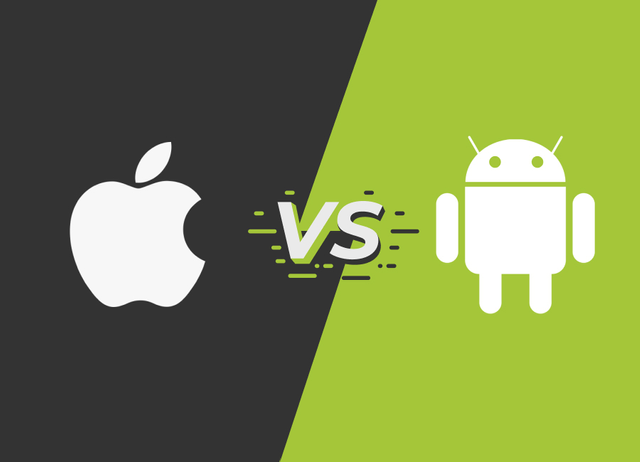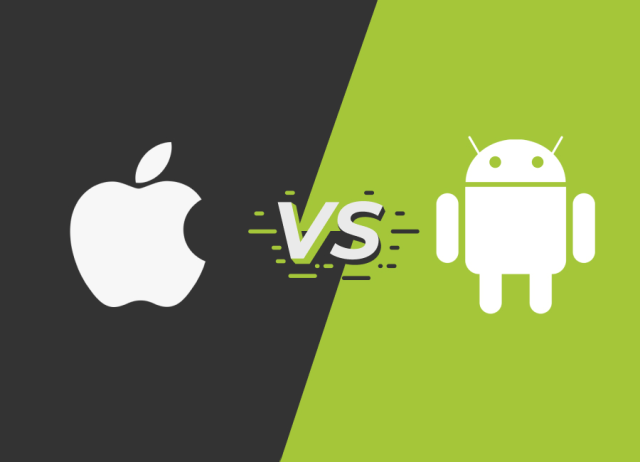The choice between iPhone (iOS) and Android often boils down to personal preference and specific needs. Here are some key differences that users often consider:
iPhone (iOS):
- User Interface (UI): iOS is known for its clean and intuitive interface design, which tends to be consistent across devices due to Apple’s control over hardware and software integration.
- Hardware and Software Integration: iPhones are designed and manufactured by Apple, ensuring tight integration between hardware and software. This can result in optimized performance and efficient use of resources.
- App Ecosystem: The Apple App Store offers a wide range of high-quality apps, often receiving apps and updates sooner than Android due to stricter app guidelines and fewer device variations.
- Privacy and Security: Apple emphasizes user privacy and security, with features like Face ID, Touch ID, and strict app permissions.
- Updates: Apple provides timely and consistent software updates across its devices, ensuring users have access to the latest features and security patches.
Android:
- Customization: Android devices offer more flexibility and customization options, allowing users to personalize their home screens, widgets, and even install custom ROMs.
- Hardware Diversity: Android is used by various manufacturers (Samsung, Google, OnePlus, etc.), offering a wide range of devices in terms of design, specifications, and price points.
- Google Services Integration: Android tightly integrates with Google services like Gmail, Google Drive, and Google Photos, offering seamless synchronization across devices.
- App Selection: While the Google Play Store also offers a vast selection of apps, Android apps may vary in quality and optimization across different devices due to hardware fragmentation.
- Price Range: Android devices cater to a broader range of budgets, from budget-friendly options to premium flagship devices.
Ultimately, the decision between iPhone and Android often depends on individual preferences regarding user interface, customization options, ecosystem integration, privacy considerations, and budget constraints. Both platforms have their strengths and cater to different user needs and preferences.














